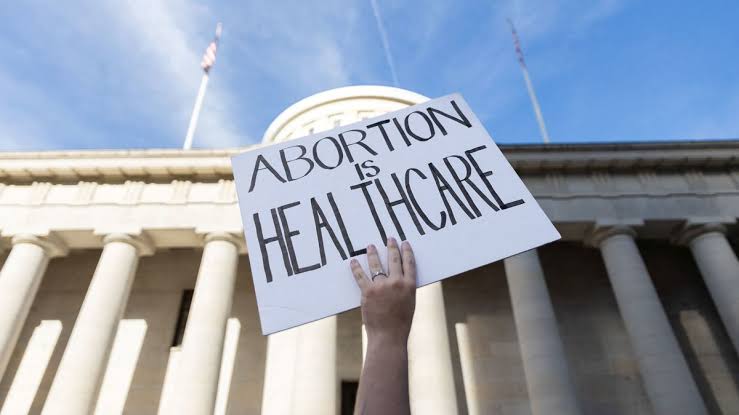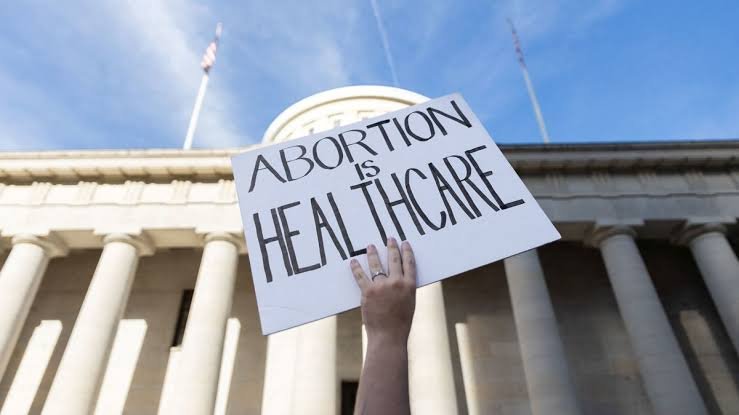Ohio’s six-week abortion ban temporarily blocked
An Ohio judge on Wednesday temporarily blocked a state law prohibiting abortions as early as six weeks into a pregnancy, restoring abortion access in the state for now.

Senate Bill 23 was passed in 2019 and took effect when the US Supreme Court struck down Roe v. Wade in June. The law bans abortions performed after early cardiac activity is detected — typically around six weeks into a pregnancy, before many women know they are pregnant — except in medical emergencies.
With the judge’s ruling, abortion is again available up to 20 weeks post-fertilization (or about 22 weeks after a patient’s last menstrual period). The temporary restraining order is in place for the next 14 days, and the plaintiffs have requested a preliminary injunction while the case plays out.
“S.B. 23 clearly discriminates against pregnant women and places an enormous burden on them to secure safe and effective health care such that it violates Ohio’s Equal Protection and Benefit Clause and is therefore unconstitutional,” Judge Christian A. Jenkins wrote in his order.
On September 2, Ohio abortion providers filed a new challenge against SB 23 in the Hamilton County Court of Common Pleas, arguing that the law violates the state constitution. The groups said they withdrew their initial challenge to the law that was before the state Supreme Court, which denied their request for an emergency hold.
“We’re grateful that, for now, Ohioans can once again widely access abortion care in their own state. But this is just the first step. We have already seen the devastating impact Senate Bill 23 has had on people seeking abortions in Ohio,” plaintiffs and litigators said in a joint statement.
The state’s abortion laws have come under particular scrutiny in recent months following a highly publicized case involving a 10-year-old rape victim in Ohio who traveled to Indiana to obtain an abortion.
Preterm-Cleveland, an abortion clinic and one of the plaintiffs in the case, said Wednesday it would resume providing abortions for as long it possibly could.
Ohio Right to Life President Michael Gonidakis said in a statement that “by forum shopping, abortion activists temporarily got what they wanted.”
“We are more than confident that the heartbeat law will go back into effect relatively soon,” he said. “Further, we can assure pro-life Ohio that in the near future Ohio will become abortion free, regardless of what this local judge ruled today.”
Laws that ban abortion or severely restrict the procedure have gone into effect in about a dozen states after the US Supreme Court ended a constitutional right to abortion. In several of these states, abortion rights advocates and providers have taken legal action to challenge abortion restrictions and have seen some success in temporarily blocking bans.
In neighboring West Virginia this week, lawmakers passed a bill that will prohibit nearly all abortions except to save a pregnant person’s life or in certain cases that involve rape or incest, sending the measure to the state’s Republican governor for his approval.
Sandeep Raiza — Content Writer, Website Designer, SEO Strategist, and WordPress Expert AI specialist delivering impactful digital solutions that drive business growth.Combining creative storytelling with technical expertise.
